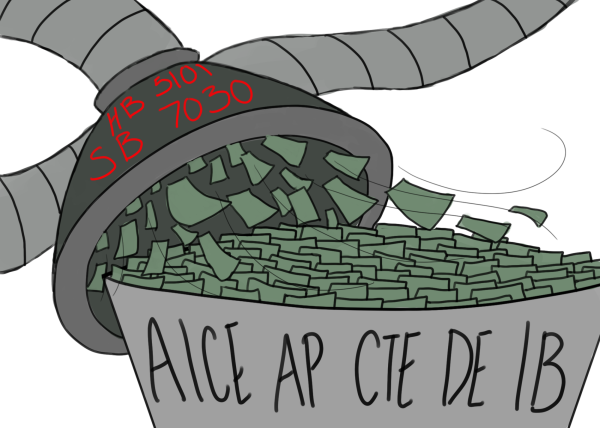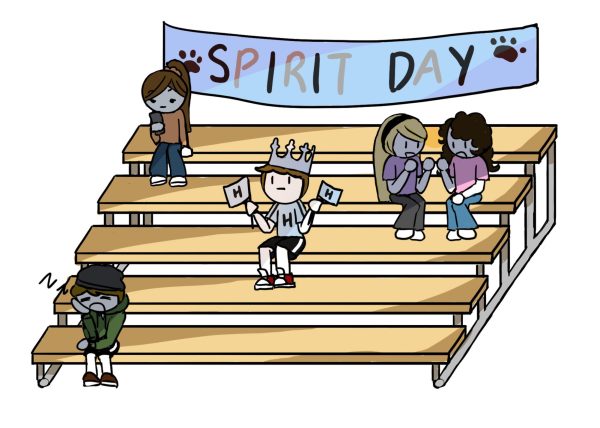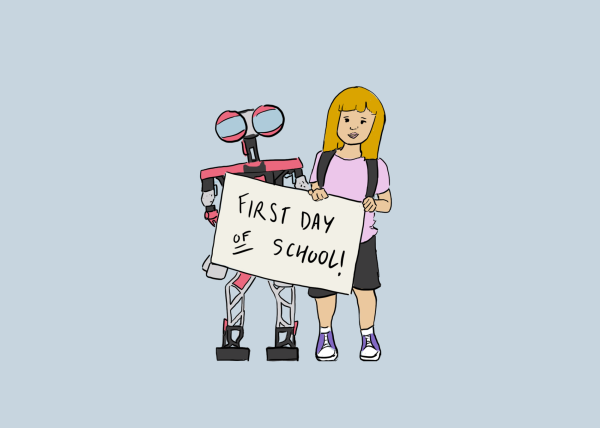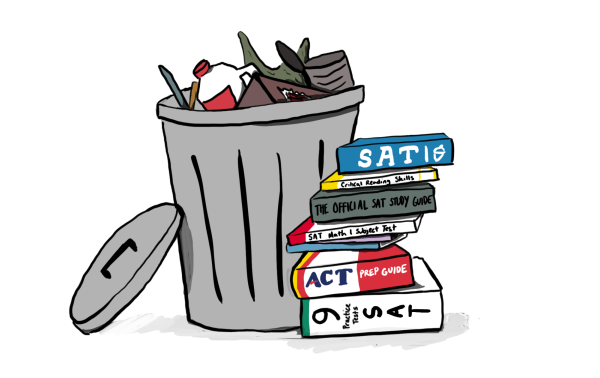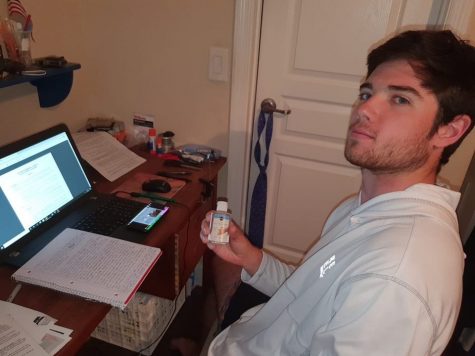Our Take: Mental illnesses aren’t cute quirks
When students insist their upcoming test has caused a massive “anxiety attack,” when students caption photos with how “depressed” they are about doing homework or when students feel the perpetual need to remain quirky by exclaiming aloud how aggravating it is that the white board has not been cleaned properly in the name of their “OCD,” they trivialize the mentally ill.
OCD, which stands for Obsessive Compulsive Disorder, is a diagnosed anxiety disorder where the brain suffers from the unwanted need to perform certain rituals, sometimes for hours on end, in an attempt to ease anxiety. OCD, like depression, bipolar disorder, anxiety disorders, insomnia, schizophrenia, attention deficit disorder (ADD), attention deficit hyperactive disorder (ADHD), anorexia, psychosis and hypochondria is a real mental illness that, without proper treatment or support, has potentially devastating effects.
While your ex may seem crazy, their “schizophrenic episodes” will pale in comparison to the mental distortion people with real, medically diagnosed psychotic disorders suffer from. As you claim to stay awake from insomnia in late night tweets because you cannot put down your phone or because you constantly procrastinate your work, students struggle to get through the day because of their long-term sleep deprivation from an inability to sleep that sometimes cannot even be treated with medication.
In our weird attempts to one-up each other with how bad our week is going, we are quick to jump to drastic diagnoses. Self-diagnosing serious medical conditions to get attention, to seem “special” or to gain sympathy is not only offensive, but damaging. By associating everyday adjectives with mental illnesses, people come to associate cute quirks with medical issues. This trivialization, in many cases, can cause people who need help to be deterred from seeking the support and treatment they need.
And while not everyone is doing it to be malicious, the lack of awareness surrounding mental disorders needs to change. Using anxiety attacks, bipolar disorders or OCD as adjectives reflects the illegitimacy with which many people regard mental illnesses. After all, if people do not believe in the severity of a mental illness, whether they have been educated about it or not, they are more likely to write it off as a choice of mood or a descriptor for otherwise healthy, if uncomfortable, emotions.
Panic attacks aren’t a quick tweet and a little cry. Hypochondria isn’t sneezing and thinking it’s the flu or surfing WebMD for fun. Anorexia doesn’t plague every skinny boy or girl you see walking down the hallway. And while someone’s mental illness will never define them, it should never be belittled as an excuse or cute quirk.
So, as semester exams approach and as stress levels rise, remember to be respectful and aware of others. Instead of bragging about your “anxiety attack” the night before, confide in a counselor or teacher about how anxious or stressed you’ve been feeling. Instead of exaggerating your “depression,” talk about how overwhelmed, upset, or sad you are. Instead of making a big deal about your lunch being arranged in a certain way because of your “OCD,” embrace your desire for organization. Seek comfort and support without alienating people who know the strength and resolve it takes to cope with a disease you can’t see.
Your donation will support the student journalists of Hagerty High School. Your contribution helps us publish six issues of the BluePrint and cover our annual website hosting costs. Thank you so much!

